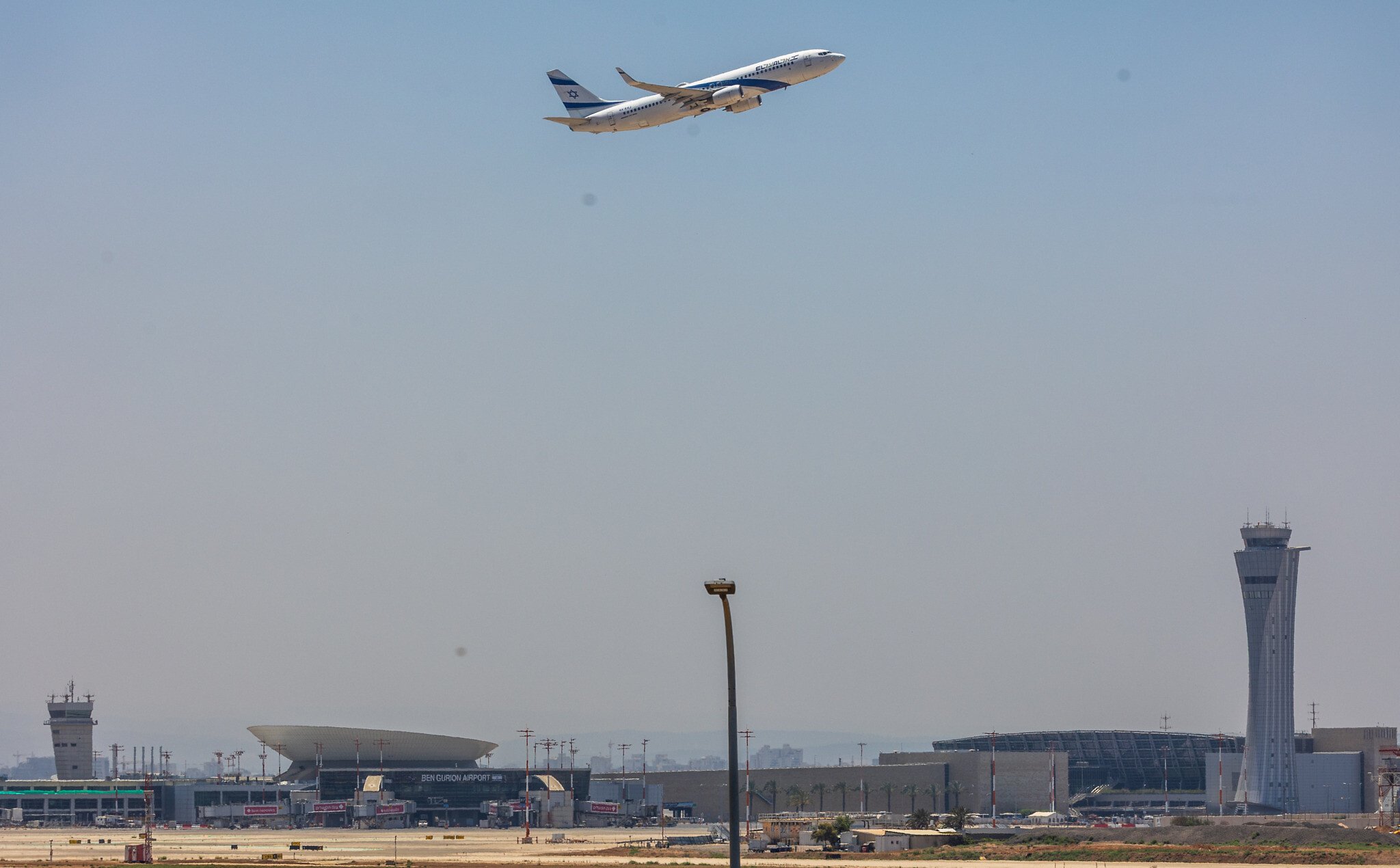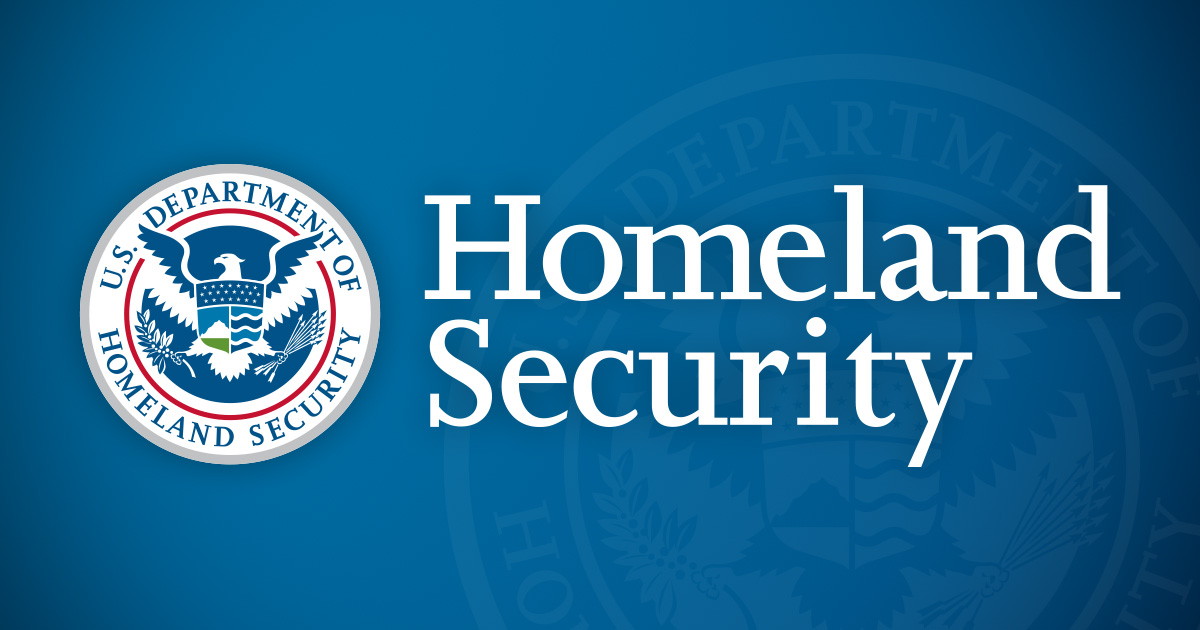What Happened
Father’s Day, celebrated on the third Sunday in June, has its origins linked to Sonora Dodd, who proposed the holiday in 1909. Dodd, raised by her father after her mother died in childbirth, advocated for a day to honor fathers, paralleling the existing Mother’s Day celebrations. The first Father’s Day was celebrated in Spokane, Washington, on June 19, 1910, following Dodd’s persistent efforts to establish it as a recognized holiday. Despite initial resistance, the holiday gained traction, and it was officially recognized as a national holiday in the United States in 1972, thanks to the efforts of various supporters, including former President Lyndon B. Johnson and Richard Nixon.
As of June 2025, Dodd’s legacy continues through her living descendants, Barbara Hillerman and Betsy Roddy, who actively share her story and contributions to the establishment of Father’s Day. Their efforts include reviewing and archiving historical documents related to Dodd’s life and advocacy for the holiday.
Key Details
- Origin: Sonora Dodd proposed Father’s Day in 1909 during a Mother’s Day sermon.
- First Celebration: The first Father’s Day was celebrated on June 19, 1910, in Spokane, Washington.
- Official Recognition: The holiday became officially recognized in 1972.
- Dodd’s Background: Dodd was raised by her father, William Jackson Smart, a Civil War veteran, after her mother died in childbirth.
- Legacy: Dodd’s descendants, Hillerman and Roddy, continue to promote her story and the significance of Father’s Day.
Multiple Perspectives
The establishment of Father’s Day has been met with various interpretations. Supporters of the holiday, including Dodd and her descendants, view it as an essential recognition of the role fathers play in family and society. Dodd herself expressed that she did not oppose the commercialization of the holiday, stating, “I do not think any gift too great for fathers,” which suggests a pragmatic approach to the holiday’s evolution.
Conversely, some critics argue that the commercialization of Father’s Day detracts from its intended purpose of honoring paternal figures. This perspective highlights concerns that the holiday has become overly focused on consumerism rather than genuine appreciation. However, Roddy, echoing Dodd’s sentiments, embraces the commercial aspect as a means of celebrating fathers.
Context & Background
Father’s Day serves as a cultural touchpoint that reflects societal values regarding fatherhood and family dynamics. The holiday’s inception in the early 20th century coincided with broader social changes, including women’s suffrage movements and evolving family structures. Dodd’s advocacy for Father’s Day emerged during a time when traditional gender roles were being challenged, and her efforts contributed to the recognition of fathers’ contributions to family life.
In contemporary society, Father’s Day has transformed into a significant occasion for expressing gratitude and love towards fathers and father figures. The digital age has further amplified this celebration, with social media platforms becoming popular venues for sharing messages, images, and tributes. In 2025, the holiday is characterized by a blend of traditional sentiments and modern expressions, as individuals seek to convey their appreciation through various digital means.
What We Don’t Know Yet
While the historical narrative surrounding Father’s Day is well-documented, ongoing discussions about its significance and future continue to evolve. There is uncertainty regarding how the holiday may adapt to changing societal norms and values, particularly as family structures diversify. Additionally, the impact of commercialization on the holiday’s meaning remains a topic of debate, with varying opinions on whether it enhances or detracts from the celebration.
As Dodd’s descendants work to preserve her legacy, questions arise about how future generations will remember and celebrate Father’s Day. The potential for new traditions and interpretations of fatherhood may shape the holiday in ways that are yet to be determined.


